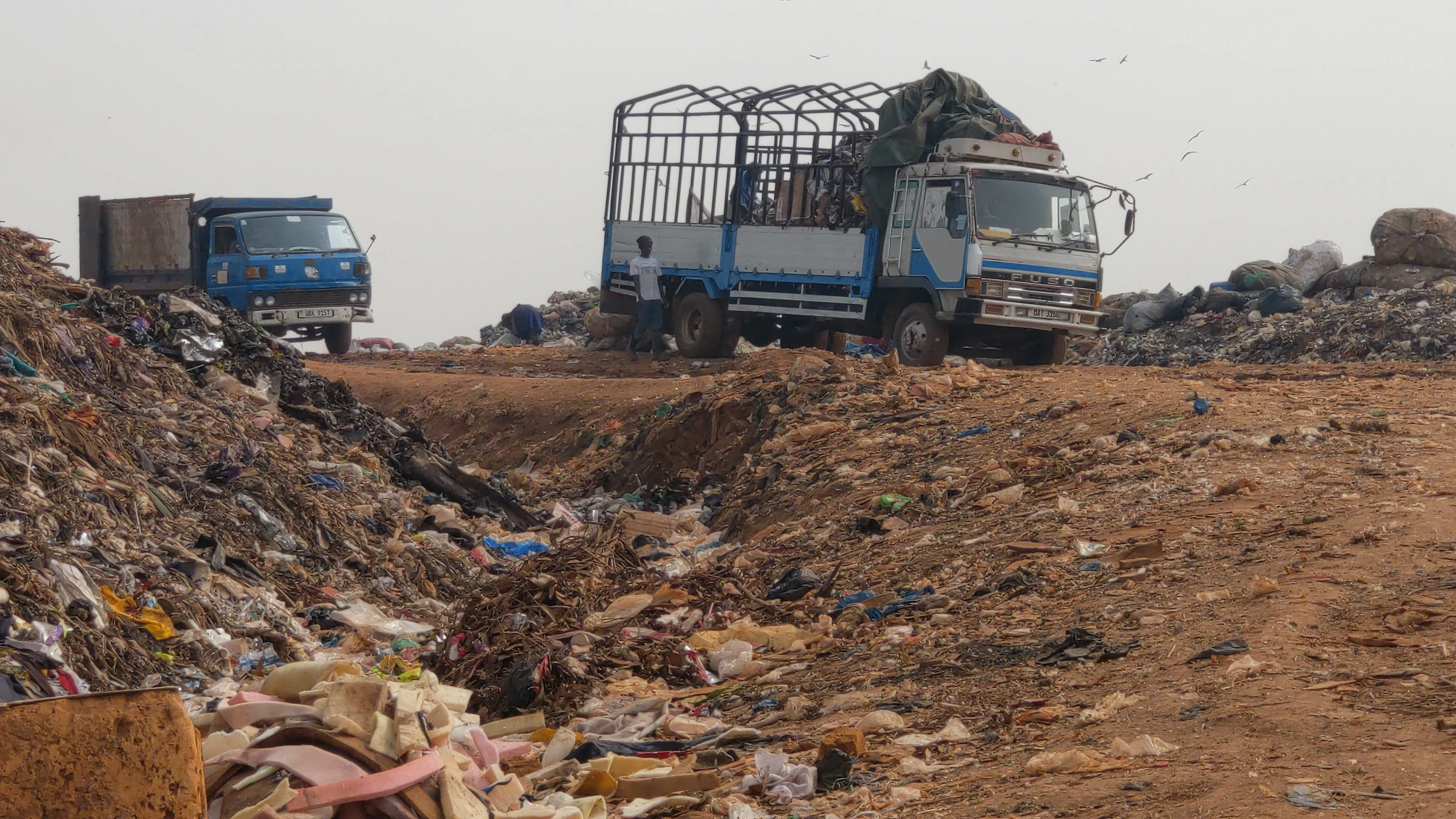The term "extended
producer responsibility" was first coined in 1990, by a Swedish professor,
Thomas Lindhqvist, who introduced the idea of producers being responsible for
their products to the Environment. The first example of EPR came in Germany in 1991,
in which a dual system for waste collection was introduced where manufacturers
picked up household packaging alongside municipal waste collections. in 2001,
the Organization for Economic Co-Operation and Development (OECD) published a
Guidance Manual for Governments on Extended Producer Responsibility.
Since then, countries
around the world have adopted EPR policies around key sectors such as packaging(plastic
and kaveera), electronics, batteries, and vehicles.
Overtime the meaning of
EPR has changed over; EPR programs are now aimed at enhancing resource
productivity and circular economy.
Industries in Uganda
consume up to 600 metric tons of plastic waste a day, however less than 6% is
collected in a day, EPR policies have been effective in some countries, for on
plastic Rwanda has been credicted, Uganda in as much as we have the National
Environment Act, Implementation has been lazy
due to corruption tendencies ,political involvements and lack of
transparency.
EPR policies exist in the
form of take-back requirements, advanced disposal fees , refunds, buyback and
recycling programs, which are intended to manage and improve waste management
in communities.
Merits of EPR include
creation a financial incentive mechanism for producers to manfacture products sustainable
in the long run, because EPR places the end-of-life cost on the producer,
therefore they are encouraged to increase the sustainability of the product,
which reduces cost. This, in turn, reduces the amount of waste that goes to
landfills and incinerators and increases recycling and reuse rates. For
example, in Australia, in the first year of implementation of the National
Television and Computer Recycling Scheme, 44,989 tons of televisions and
computers were recycled.
For the case of Uganda unfortunately,
At the moment, Uganda and the vast majority of the world operate within a
linear economic model , where a product
is produced, consumed and then discarded. At the end of life period of
the product results in lost value to the economy and society. The current value
chain does not include large scale reclamation or reuse. Brands, such as
CocaCola, PepsiCo, and Unilever, create the bottle. It is then purchased by a
person ,consumed, and then disposed of either “properly” where it makes its way
to a landfill or “improperly” where it is littered. The largest and only
official dump site in Kampala is the
Kiteezi landfill, where a lot of
plastic ends up . If the plastic doesn’t end up in Kiteezi, it ends up in an illegal and unofficial
dump site or within the natural environment.
Reducing
the financial and physical burden from local governments is another benefit.
In most cases, government or local municipalities do not have the resources or
capacity to implement effective waste management programs. EPR ensures that
waste is managed properly and gives local government the freedom to focus on
other activities, such as creating legislation that clear ends pollution,the
NEA prohibits importation and usage of plastic but again allows usage of
polythen less than 30% such legislative gap creates noncompliance by some
producers.
EPR has historically been
successful in the managing of products that pose risks to communities, such as
batteries, paint, mercury, switches, old medicines, and medical sharps.
The major demerit is
that, at the international level, it can negatively affect imports to countries
that have strict EPR policies as producers in other countries will not want to
be subject to extra fees from these policies. Furthermore, it restricts
competition at the local level as producers who take on the extra costs to
accommodate EPR policies are at a competitive disadvantage to those who are
able to bend the rules and get out of paying these costs.
In conclusion ,EPR
policies provide for the management of
the environment for sustainable development, therefore Uganda as a developing
country needs to design an organized and proper waste management chaanel,reduce
landfilling since it has not solved the plastic problem,carry out environmental
and health assessments of different producer designs to protect the
environment for the sustainability of
the next generation.




